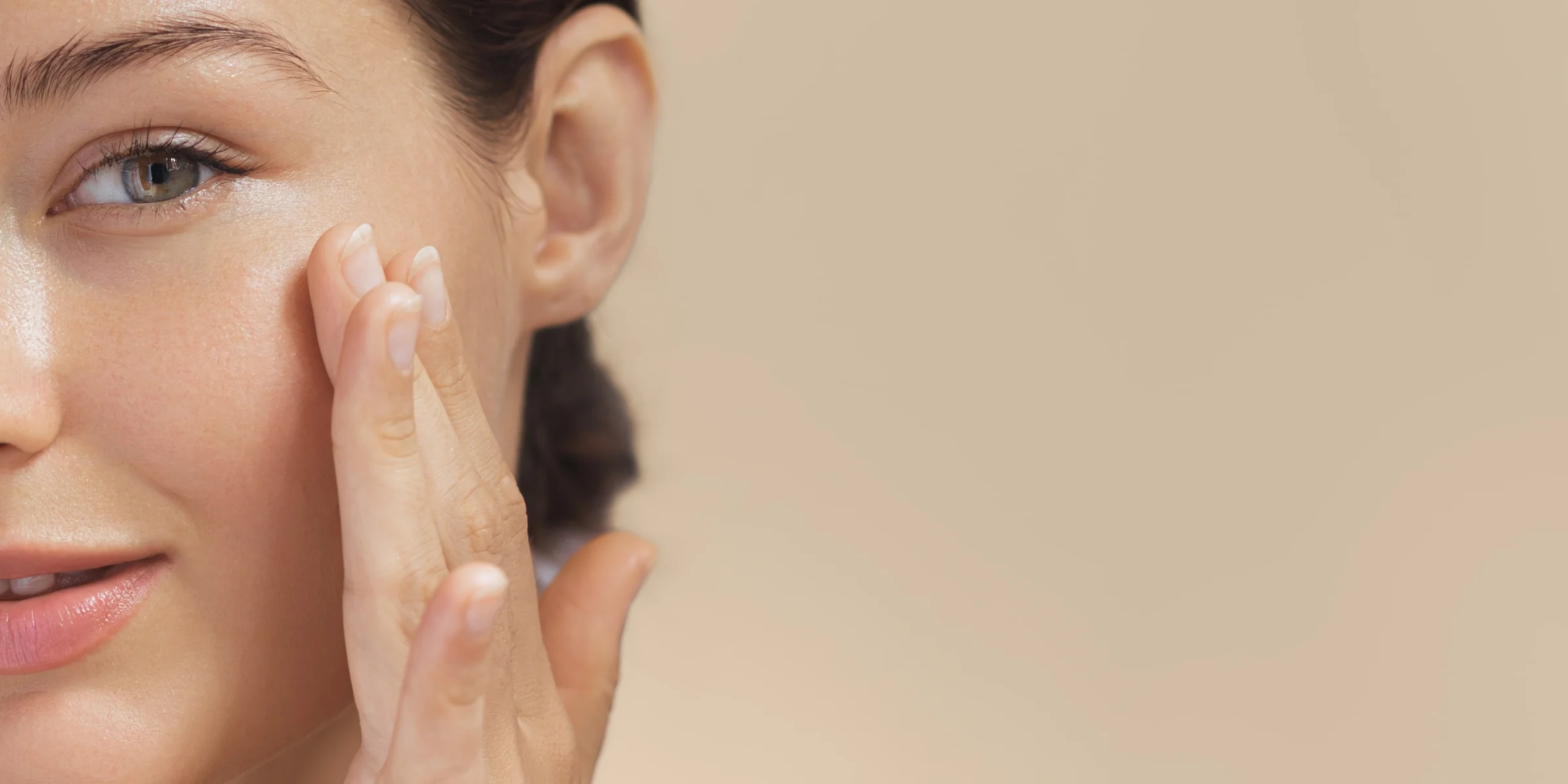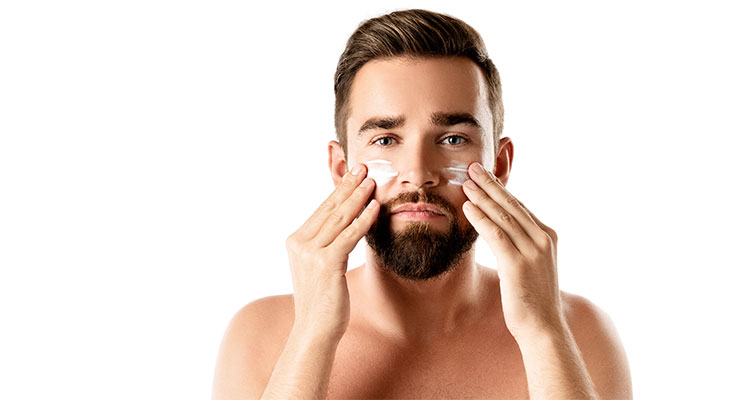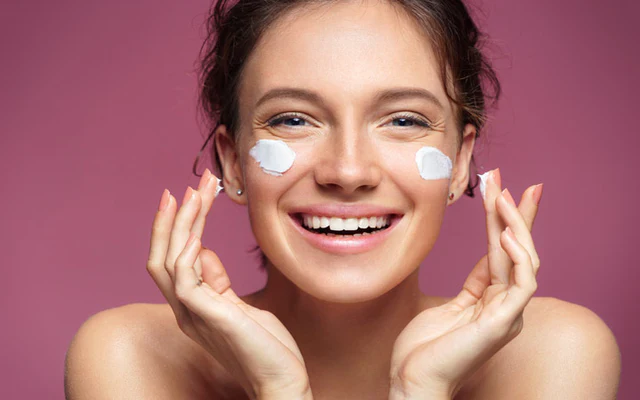How to Choose Quality Wholesale Beauty Products for Retailers and Distributors
Selecting high-quality wholesale beauty products is a crucial decision for retailers and distributors. With countless options on the market, knowing how to identify top-tier products can make a significant difference in customer satisfaction, brand reputation, and overall sales. Here’s a guide to help you choose the best wholesale beauty products for your retail or distribution business.
1. Research ingredients and formulations
The effectiveness and safety of beauty products are heavily influenced by their ingredients. Look for products that use high-quality, clean ingredients, particularly those that are natural or sustainably sourced. Avoid products containing harsh chemicals like parabens, sulfates, and artificial fragrances, as many consumers today prefer clean beauty options.
- Tip: Familiarize yourself with popular ingredients such as hyaluronic acid for hydration, vitamin C for brightening, and collagen for anti-aging. Opt for products that use these ingredients in effective concentrations.
2. Look for Added Value and Uniqueness
Offering unique products or those with added value can help differentiate your retail line. Products that feature innovative ingredients, multi-functional uses, or unique packaging can capture customer interest. This uniqueness also allows your brand to stand out in a crowded market and attract a more loyal customer base.
- Examples of Added Value: All-in-one skincare kits, products with dual benefits (like moisturizer with SPF), or unique applications such as rollerball applicators for serums.
3. Check Supplier and Brand Reputation
Choosing a reliable supplier with a strong reputation ensures the products you carry are trusted and effective. Look for wholesalers who work with well-known beauty brands or have a positive industry presence. It’s also helpful to read customer reviews or consult with industry experts who can vouch for the quality of specific suppliers.
- Tip: Verify certifications and any industry awards held by suppliers, as these often indicate adherence to quality standards and credibility in the beauty industry.
4. Ensure Compliance with Industry Standards
Regulations and standards in the beauty industry can vary by country, so it’s essential to source products that meet local and international safety standards. Look for products that are dermatologically tested, hypoallergenic, and free from harmful substances. Ensure the supplier provides compliance documentation, including certifications such as FDA approval in the U.S. or EU cosmetics regulations.
- Tip: Ask suppliers about any third-party testing or certifications they have, such as cruelty-free or vegan labels, which can further reassure customers of product quality and ethics.
5. Consider Sustainability and Ethical Standards
Many consumers today prioritize brands that are eco-friendly, cruelty-free, and committed to ethical practices. Choosing products that align with these values can help build customer trust and cater to an increasingly conscious market. Look for suppliers that emphasize sustainability, from eco-friendly packaging to responsibly sourced ingredients.
- Tip: Certifications like Fair Trade, Leaping Bunny (for cruelty-free products), and USDA Organic can help validate a brand’s ethical claims and appeal to socially conscious consumers.
6. Evaluate Shelf Life and Storage Requirements
Beauty products have varying shelf lives and may require specific storage conditions to maintain their effectiveness. For example, products with natural ingredients or minimal preservatives may have shorter shelf lives. Choosing products with a reasonable shelf life that can be easily stored under standard conditions ensures they remain fresh and effective for customers.
- Tip: Be mindful of ordering quantities for products with shorter shelf lives and consider labeling with “sell-by” dates to ensure timely sales.
7. Assess Product Packaging and Labeling
Packaging plays a critical role in a product’s appeal and longevity. Choose products that come in packaging that preserves the ingredients’ potency, such as air-tight or opaque containers for sensitive ingredients like retinol or vitamin C. Additionally, clear and accurate labeling is important to provide customers with detailed ingredient lists, usage instructions, and expiration dates.
- Tip: Consider eco-friendly packaging options, as sustainable packaging is a significant selling point for eco-conscious customers.
8. Request Product Samples Before Committing
Sampling products before buying in bulk is a smart way to assess their quality. Many reputable wholesalers offer samples for potential clients, allowing you to test product textures, fragrances, packaging quality, and overall effectiveness. Sampling also helps you gain firsthand experience, so you can recommend products to your customers with confidence.
- Tip: When sampling, consider factors like ease of application, scent, and how well the product absorbs into the skin, as these are often key factors for consumers.
9. Negotiate Pricing and Terms with Suppliers
Competitive pricing is essential for maintaining healthy profit margins. After narrowing down your list of high-quality products, negotiate with suppliers to secure the best possible pricing, especially when ordering in bulk. Consider factors such as minimum order quantities, shipping fees, and return policies as part of your negotiations.
- Tip: Establish a good working relationship with suppliers to receive favorable terms, such as discounts for larger orders or early access to new product launches.
10. Stay Updated on Beauty Trends
Consumer preferences change rapidly in the beauty industry, so staying updated on trends is crucial. Popular trends include clean beauty, natural ingredients, vegan and cruelty-free formulations, and products targeting specific skin concerns. Offering trendy products that align with current consumer interests can help you stay competitive and increase sales.
- Examples of Trending Products: Products with natural ingredients, CBD-infused skincare, anti-pollution formulas, and customizable products that allow customers to personalize their beauty routine.
Conclusion
Selecting the right wholesale beauty products for your business requires a balance between quality, trend awareness, and ethical standards. By focusing on these factors, you’ll be better equipped to provide customers with products that meet their needs and exceed their expectations. In turn, this will help build a loyal customer base, enhance your brand’s reputation, and drive growth in a competitive beauty market.







